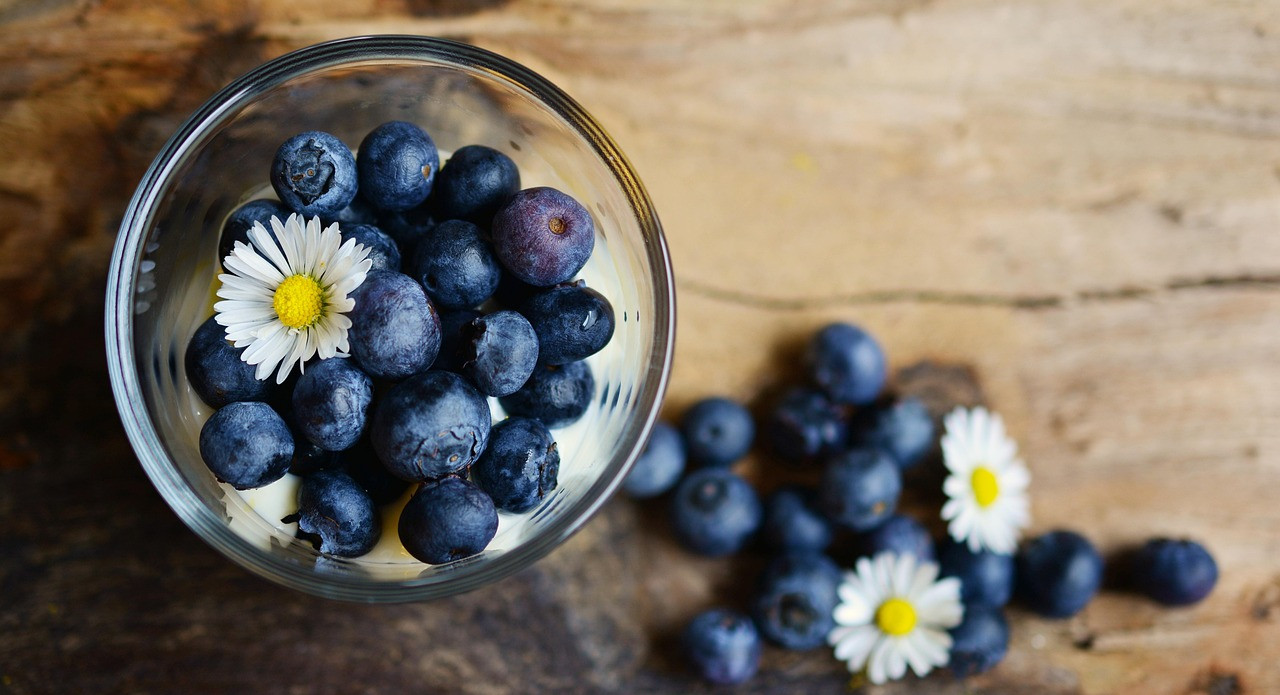Functional Foods & Supplements: A Science-Backed Guide for Wellness
In today’s health-conscious world, more people than ever are turning to functional foods and dietary supplements to support their wellness goals. From boosting immunity and improving gut health to enhancing energy and managing stress, these nutrition powerhouses are at the forefront of the “food as medicine” movement. But how do you know which ones are worth your time—and which are just hype?
Let’s dive into the world of functional foods and supplements, break down the science, and explore practical ways to integrate them into your lifestyle for a healthier, happier you.
What Are Functional Foods?
Functional foods are everyday foods that offer health benefits beyond basic nutrition. Think of them as “upgraded” foods—naturally rich in compounds that can help prevent disease, support your body’s systems, and optimize health.
Some examples you probably already know:
- Yogurt and kefir with probiotics for gut health
- Oats with beta-glucan for heart health
- Fatty fish like salmon, packed with omega-3s for brain and heart support
- Turmeric with curcumin for inflammation
Unlike isolated nutrients, functional foods offer a synergistic mix of compounds that work together in your body—antioxidants, fiber, polyphenols, and more.
What About Supplements?
Supplements—including vitamins, minerals, herbs, and other bioactives—can help fill nutritional gaps or target specific health goals. Think of them as tools in your wellness toolkit, not substitutes for a healthy diet.
Popular examples include:
- Vitamin D for bone and immune health
- Omega-3 fatty acids for inflammation and heart support
- Magnesium for stress and sleep
- Adaptogens like ashwagandha and rhodiola for resilience
Supplements can be especially helpful when:
✅ Your diet lacks certain nutrients (e.g., vegans may need B12, iron, or DHA)
✅ You have increased needs (pregnancy, aging, stress)
✅ You’re addressing a specific condition (like gut imbalances or joint pain)
Functional Foods vs. Supplements: How to Choose
Here’s a quick guide:
|
Goal |
Functional Foods |
Supplements |
|
Gut health |
Yogurt, sauerkraut, kimchi |
Probiotic strains like Lactobacillus rhamnosus |
|
Heart health |
Fatty fish, walnuts, olive oil |
Omega-3 fish oil, CoQ10 |
|
Stress & mood |
Green tea, dark chocolate, adaptogenic herbs |
Ashwagandha, Rhodiola capsules |
|
Bone health |
Fortified plant milks, leafy greens |
Vitamin D, K2, calcium |
|
Energy & metabolism |
Whole grains, nuts, seeds |
B-complex vitamins, magnesium, adaptogens |
|
Skin & joint health |
Berries, turmeric, collagen-rich bone broth |
Collagen peptides, curcumin |
Bottom Line:
Prioritize whole, functional foods as the foundation. Use supplements for targeted support—especially when you can’t meet your needs through diet alone.
Functional Foods to Add to Your Plate
Looking for simple ways to boost your functional food intake? Start here:
✅ Berries – Antioxidants and polyphenols for brain and heart health
✅ Oats & barley – Beta-glucans for cholesterol
✅ Fatty fish (salmon, sardines) – Omega-3s for inflammation
✅ Dark leafy greens – Vitamins K, folate, and magnesium
✅ Turmeric – Anti-inflammatory support
✅ Fermented foods – Gut health and digestion
✅ Green tea – Catechins for metabolism and antioxidant power
Supplements That Work: Science-Backed Favorites
Not all supplements are created equal. Here are some with solid evidence behind them:
Vitamin D – Supports immune health, mood, and bone strength. Many people are low, so consider testing your levels.
Magnesium – Calms the nervous system, aids sleep, supports blood sugar balance.
Omega-3s (EPA/DHA) – Reduces inflammation, supports brain and heart health.
Ashwagandha – Adaptogen for stress resilience, energy, and hormone balance.
Probiotics – Strain-specific benefits for gut health, immunity, and even mood.
Collagen peptides – Supports skin elasticity, joint health, and connective tissue.
✅ Pro Tip: Look for third-party certifications (like NSF, USP) when choosing supplements, and check for transparency in ingredient sourcing.
The Future of Functional Nutrition
The world of functional foods and supplements is constantly evolving. Here’s what’s on the horizon:
- Personalized Nutrition: DNA, microbiome, and lifestyle data driving tailored plans
- Postbiotics & Next-Gen Probiotics: Beyond live bacteria to bioactive compounds
- Sustainable Ingredients: Algae, seaweed, and mycoproteins as eco-friendly functional sources
Food as Medicine Movement: Physicians incorporating dietary strategies into treatment plans.
Final Thoughts: Build a Functional Wellness Routine
Your health is an ongoing journey, and functional foods and supplements can be powerful allies along the way. Here’s how to make them work for you:
✅ Start with real, whole foods—fruits, veggies, whole grains, healthy fats, and fermented foods.
✅ Layer in supplements when needed, based on your unique goals, diet, and lifestyle.
✅ Stay curious—read labels, explore research, and experiment with what works for your body.
✅ Consult a professional—especially if you’re dealing with health conditions, medications, or complex needs.
Remember: The best nutrition strategy is the one that fits your life, your body, and your goals.
Ready to get started?
Add a few functional foods to your next grocery list—think blueberries, salmon, Greek yogurt, and turmeric. Consider supplements like vitamin D, omega-3s, or magnesium if they fit your needs. And stay tuned as science continues to uncover the incredible potential of food and nutrients to help us thrive.
If you enjoyed this article, share it with a friend who’s passionate about health, or leave a comment below—what functional foods or supplements do you swear by? Let’s keep the conversation going!
VitaminDecade carries a variety of trusted brands that align with these nutritional goals, including Marco Pharma, Biotics Research, Metagenics, Xymogen, and many others.








